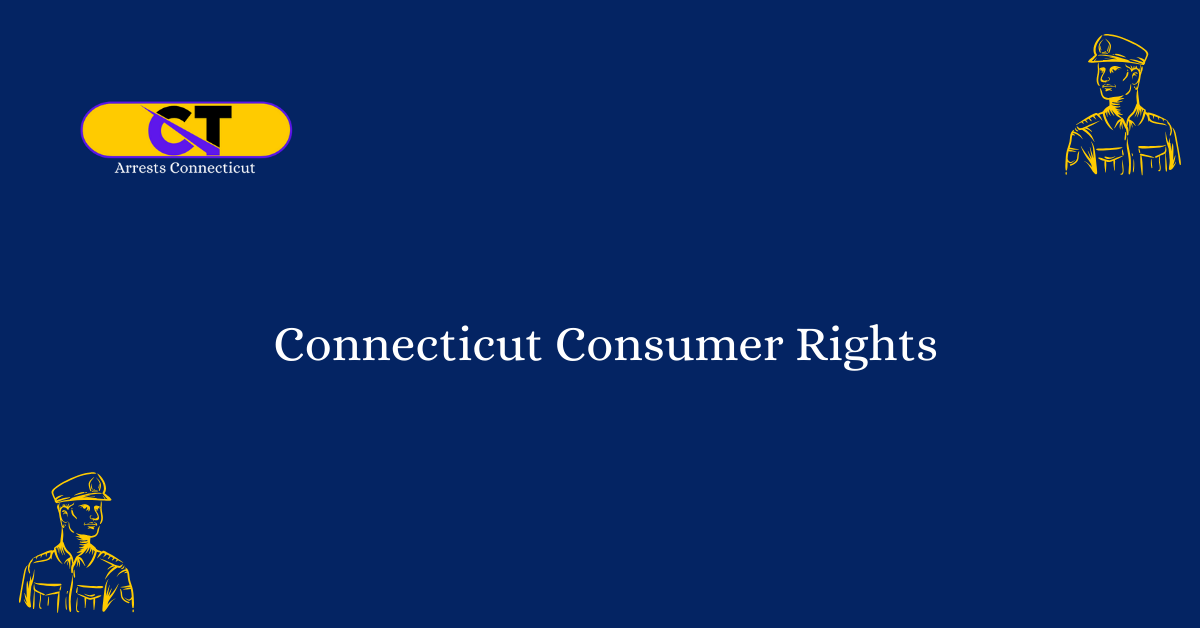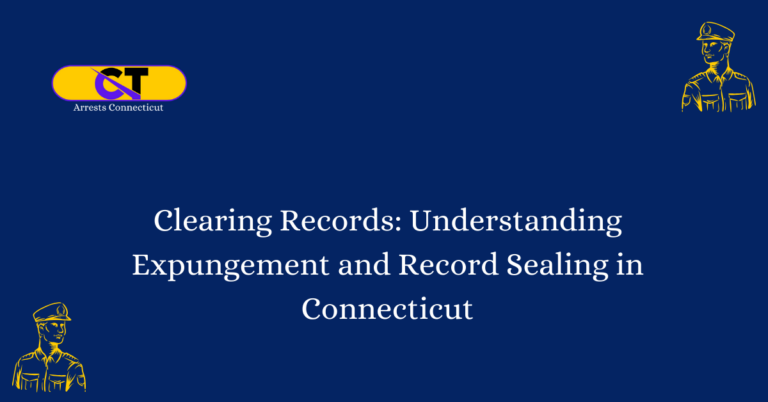Connecticut Consumer Rights
Consumer rights play a pivotal role in ensuring a fair and transparent marketplace, and Connecticut is no exception. Residents of the Constitution State are protected by a set of laws designed to safeguard their interests in various transactions. This article aims to provide a detailed overview of Connecticut consumer rights, covering key aspects such as the right to fair advertising, product safety, debt collection practices, and more.
Fair Advertising
Connecticut consumers have the right to accurate and truthful information when making purchasing decisions. The state prohibits deceptive advertising practices, false labeling, and misleading promotions. The Connecticut Unfair Trade Practices Act (CUTPA) serves as a powerful tool to protect consumers from unfair business practices.
Product Safety
Consumers in Connecticut are entitled to products that meet certain safety standards. The Connecticut Product Liability Act holds manufacturers and sellers accountable for placing defective and unsafe products in the market. This includes defects in design, manufacturing, or inadequate warnings. If a consumer is harmed due to a faulty product, they may have grounds to seek compensation.
Consumer Contracts
When entering into contracts, consumers in Connecticut have the right to clear and understandable terms. Any unfair or deceptive clauses in contracts may be deemed unenforceable. The Connecticut Unfair Trade Practices Act also extends to unfair trade practices in consumer transactions, ensuring consumers are not exploited through contractual agreements.
Debt Collection Practices
Connecticut protects consumers from abusive and unfair debt collection practices through the Fair Debt Collection Practices Act (FDCPA). Debt collectors are prohibited from engaging in harassing behavior, making false statements, or using deceptive practices. Consumers have the right to dispute debts and request validation from debt collectors.
Lemon Law
Connecticut’s Lemon Law is designed to protect consumers who purchase or lease new cars with substantial defects. If a vehicle has repeated issues affecting its safety, value, or use, consumers may be entitled to a refund, replacement, or cash compensation.
Data Privacy
With the increasing prevalence of digital transactions, Connecticut has laws in place to protect consumer data privacy. The state has enacted the Connecticut Personal Data Act, which mandates businesses to take reasonable measures to safeguard personal information and notify consumers in the event of a data breach.
Consumer Complaints and Remedies
Connecticut residents can file complaints with the Connecticut Department of Consumer Protection if they believe their consumer rights have been violated. Various remedies may be available, including compensation, contract rescission, or other corrective actions.
FAQS
What consumer rights does our company focus on?
Including but not limited to issues with faulty products, deceptive advertising, and unfair billing practices. We strive to ensure that every individual in Connecticut is aware of their rights and protected against any unfair practices.
Why should I choose your company for my consumer rights needs?
I don’t provide services or represent any company. However, if you have questions about consumer rights, I’m here to provide information and guidance. Feel free to ask for details or clarification on any aspect of consumer rights in Connecticut or elsewhere.
What can I expect from your team of experts?
I don’t have a team of experts or provide services. However, I can offer information and assistance on a wide range of topics. If you have questions or need clarification on any subject, feel free to ask, and I’ll do my best to provide accurate and helpful information.
How does knowledge empower me as a consumer?
We believe that knowledge is power. By equipping you with the knowledge necessary to navigate any consumer-related situation with confidence, we empower you to make informed decisions and protect your rights as a consumer.
How can I get in touch with your company for assistance?
I do not represent any company, and I don’t provide services. If you have general questions or need information on a particular topic, feel free to ask here, and I’ll do my best to assist you. If you require specific services, consider reaching out to relevant professionals or organizations in the respective field.
Conclusion
Understanding Connecticut consumer rights is essential for individuals navigating the marketplace. The state’s laws are designed to promote fair and honest business practices while providing consumers with avenues for recourse in case of violations. By being informed about their rights, consumers can make informed decisions and contribute to a marketplace that is both competitive and ethical.







